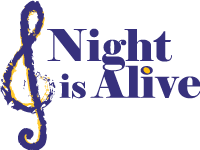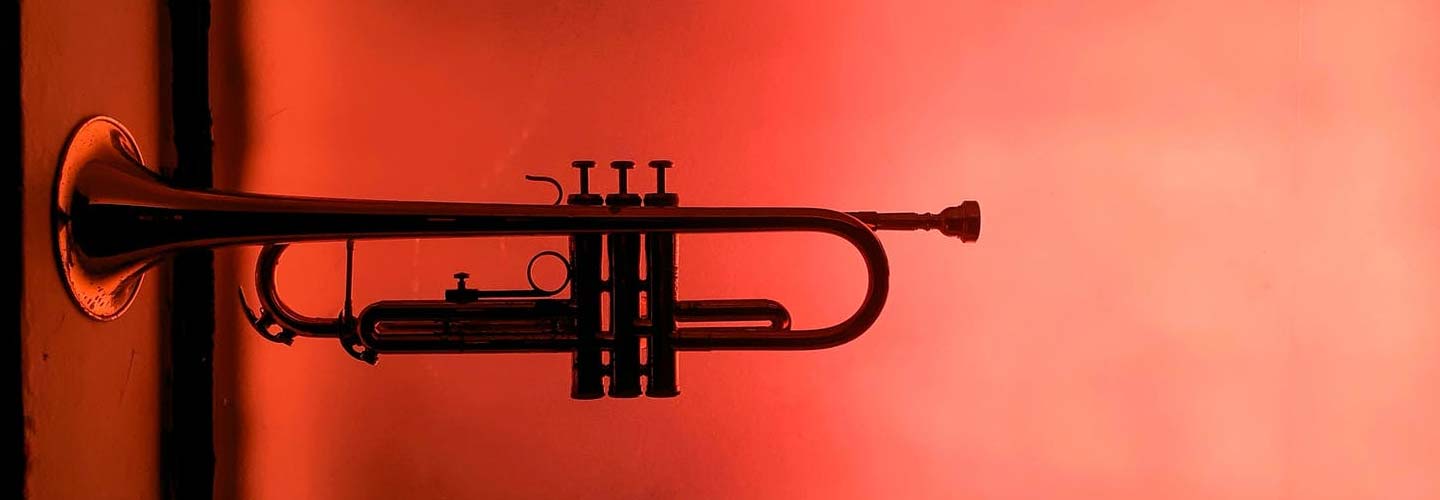What is a jazz standard? What is a fake book? And what are some examples of jazz standards?
You’ve probably heard the term thrown around before in phrases like, “a modern rendition of the jazz standard…” but what exactly is a jazz standard?
As the name implies, a jazz standard is a composition that has established widespread popularity among musicians and listeners. There is no concrete list of jazz standards, and they fluctuate with time, but songs that appear in fake books are usually considered standards.
Now you may be wondering, what is a fake book? Well, a fake book is a collected volume of lead sheets, which are musical notations that specify the crucial components of a famous song. The melody, lyrics and harmony are marked on a lead sheet, but the chord voicings, voice leadings, and bass lines are not described, thus giving the musician or arranger freedom to improvise. Collections of lead sheets are called fake books because skilled musicians can “fake it” and perform the song decently with only having the rough outline, as opposed to having the full score, which writes out every note to be played and all the intricacies of the song.
Not all jazz standards were written by jazz composers—many were originally Broadway show tunes, Tin Pan Alley songs and even songs from Hollywood musicals. In Europe, fake books may also include traditional folk songs and ethnic music. But, even if a song has non-jazz origins, it can only become a jazz standard when it is played widely among jazz musicians.
By now you’re probably curious to learn which jazz standards are the most well-known. Well, lucky for you we made a short list below:
Juan Tizol & Duke Ellington – Caravan
First performed by Duke Ellington in 1936, this tune quickly gained popularity for its “exotic” sound, and has since been used in many films, such as Ocean’s Eleven. It is considered one of the most covered songs of all time, with over 500 uses!
W.C. Handy – St. Louis Blues
Published in 1914, this is an example of a song with origins in another genre—blues—that has become a fundamental part of the jazz repertoire. Artists including Louis Armstrong, Bing Crosby, Bessie Smith, Glenn Miller, and Guy Lombardo have all recorded a version of this tune, which has been nicknamed, “the jazzman’s Hamlet.”
Hoagy Carmichael – Stardust
Part of the Great American Songbook, this tune was inspired by the ending of one of Hoagy Carmichael’s love affairs, and since its publication in 1929, it has been recorded 1,500 times! My consolation is in the stardust of a song…
Joseph Kosma – Autumn Leaves
This 1945 tune, with the original lyrics written in French, is particularly popular among beginning musicians because it offers a nice way to become acquainted with jazz harmony.
You can find modern recordings of iconic jazz standards in our album, Lovers & Love Songs, which features “I’ve Never Been in Love Before,” “I’m an Old Cowhand,” and “From This Moment On.” Lovers & Love Songs is available in our store and on all major music platforms!
This post was written by Blog Editor, Jacqueline Knirnschild.

